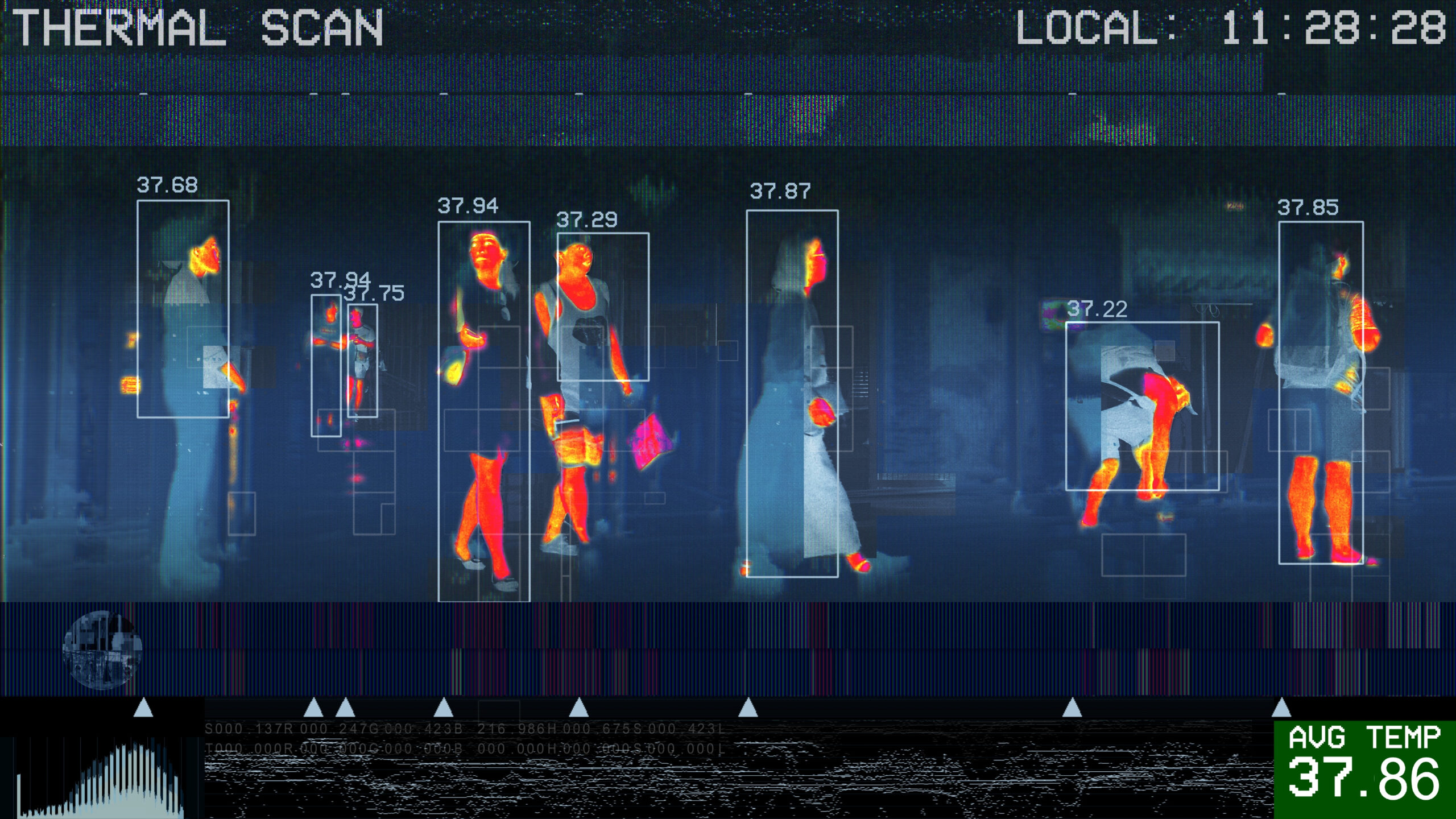
Christopher Wolf

Commoditization of Data is the Problem, Not the Solution – Why Placing a Price Tag on Personal Information May Harm Rather Than Protect Consumer Privacy
This guest post is by Lokke Moerel, a Professor of Global ICT Law at Tilburg University and Senior of Counsel at Morrison & Foerster in Berlin, and Christine Lyon, partner at Morrison & Foerster in Palo Alto, California. To learn more about FPF in Europe, please visit https://fpf.org/eu. By Lokke Moerel and Christine Lyon[1] Friend and […]

Thermal Imaging as Pandemic Exit Strategy: Limitations, Use Cases and Privacy Implications
Authors: Hannah Schaller, Gabriela Zanfir-Fortuna, and Rachele Hendricks-Sturrup Around the world, governments, companies, and other entities are either using or planning to rely on thermal imaging as an integral part of their strategy to reopen economies. The announced purpose of using this technology is to detect potential cases of COVID-19 and filter out individuals in […]

Comments in European Media (2020)
Learn more about FPF’s EU work See fpf.org/eu for an overview of our recent activities, blogposts, and a selection of media in which FPF commented on the news. To learn more about FPF’s EU work, contact Managing Director for Europe Rob van Eijk at [email protected] or Senior Counsel Gabriela Zanfir-Fortuna at [email protected]. To learn more […]

PPPM 2020 Digest
PRIVACY PAPERS FOR POLICYMAKERS 2019 This material is based upon work supported by the National Science Foundation under Grant No. 1837413. Privacy Papers for Policymakers 2019 1 Februar y 6, 2020 We are pleased to introduce FPF’s tenth annual Privacy Papers for Policymakers. Each year, we invite privacy scholars and authors to submit scholarship for […]

Privacy Papers 2019: Spotlight on the Winning Authors
FPF recently announced the winners of the 10th Annual Privacy Papers for Policymakers (PPPM) Award. This Award recognizes leading privacy scholarship that is relevant to policymakers in the United States Congress, at U.S. federal agencies, and for data protection authorities abroad. From many nominated privacy-related papers published in the last year, five were selected by Finalist […]

OtonomoPrivacyPaper
A Privacy Playbook for Connected Car Data WHITE PAPER WITH FOREWORD BY Connected cars: Ushering in a new era of transportation Today’s connected cars are becoming computers on wheels, generating d ata ranging from ambient air temperature and battery level to hard-braking events and roa d sign images, and a growing suite of services are further enhancing safety and conveni ence on the road. Experts predict that the transportation sector will change more in the n ext five years than in the previous 50 years, and we are just beginning to realize the profound impact that con- nected car data could have on drivers and society. Hundreds of use cases are now emerging around connected car data: Aggregate data is being used for trafc flow optimization, mapping and planning, r oad hazard identification, congestion management, predictive maintenance, location intelli- gence, and media measurement. Data from individual cars is being shared by drivers for services delivering roadside assistance, electric vehicle charging services, subscription-based fueli ng, usage-based insurance, remote diagnostics, trunk delivery by retailers, and parking payments. In the future, we will see: Vehicle-to-vehicle (V2V) communication, through which vehicles could signal their intent to each other, such as notifying several cars behind them of an unexpect ed hard-braking incident or electronically signaling a left turn. Vehicle-to-infrastructure (V2I) use cases, such as a vehicle reserving a parking space and parking itself or triggering a trafc light. These applications, as well as other applications, services, and crowdso urced insights, will make driving safer, more convenient, and more rewarding. In addition to providing benefits to individual drivers, they promise significant societal benefits, such as reducing congestion and […]

WhitePaper_DataProtectionByProcess
Data Protection by Process How to Operationalize Data Protection by Design for Machine Learning VERSION 1.0 DECEMBER 2019 Sophie Stalla-Bourdillon Senior Privacy Counsel & Legal Engineer, Immuta Alfred Rossi Research Scientist, Immuta Gabriela Zanfir-Fortuna Senior Counsel, Future of Privacy Forum REPORT BY: Content Introduction 3 What is Data Protection by Design? 4 The DPbD Workflow […]
